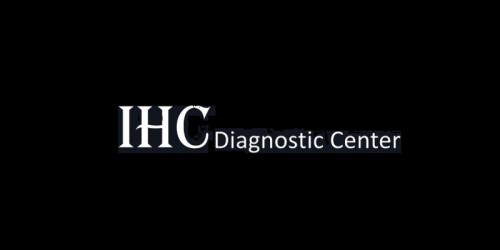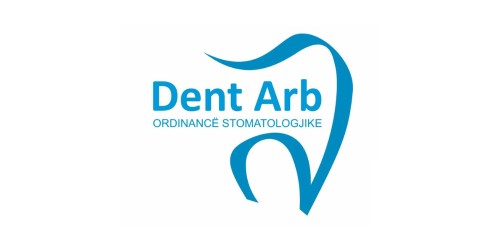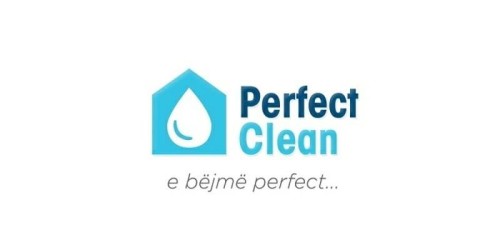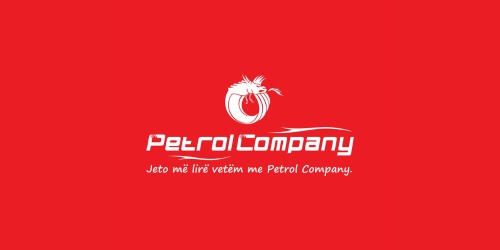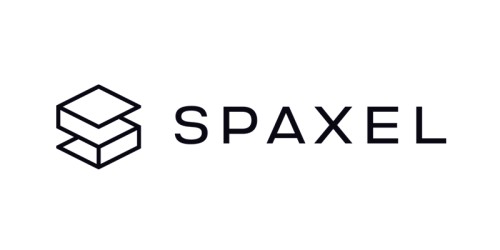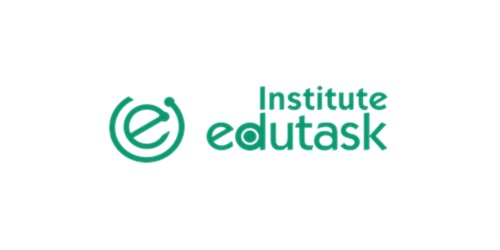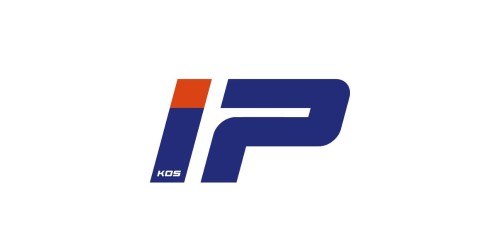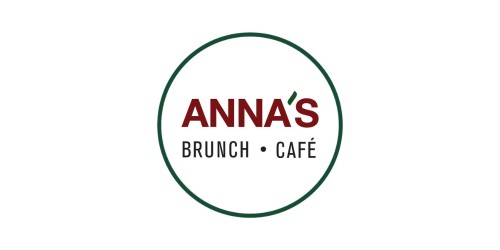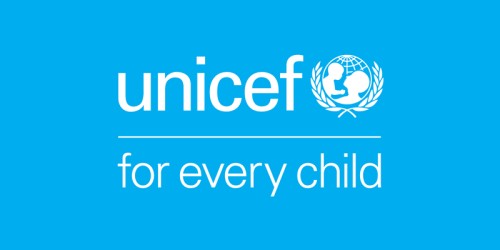
Job no: 581273
Contract type: Consultant
Duty Station: Pristina
Level: Consultancy
Location: Kosovo
Categories: Health
UNICEF works in some of the world’s toughest places, to reach the world’s most disadvantaged children. To save their lives. To defend their rights. To help them fulfill their potential.
Across 190 countries and territories, we work for every child, everywhere, every day, to build a better world for everyone.
And we never give up.
For every child, health.
Scope of Work:
Ensuring a healthy school food and nutrition environment is crucial for the well-being, cognitive development, and academic performance of children. Proper nutrition during school years plays a fundamental role in preventing malnutrition, obesity, and non-communicable diseases, while also supporting overall child development. Given that children spend a significant portion of their day in school, the school environment serves as a key setting for instilling lifelong healthy eating habits.
In Kosovo, school nutrition remains a critical public health issue. According to the 2020 Multiple Indicator Cluster Survey (MICS), only 30.2% of children aged 6-23 months receive a minimally acceptable diet, highlighting gaps in dietary diversity and nutritional intake. Additionally, childhood obesity is an emerging concern, particularly in urban areas. Systematic school health screenings conducted in Prishtina in 2016 indicated a rising trend in childhood obesity, increasing from 17.9% in 2014 to 22.3% in 2016, underscoring the need for targeted interventions.
Kosovo has established a legal framework to support school nutrition, including Administrative Instruction No. 03/2019 on healthy eating in pre-university education institutions. This directive sets criteria for nutritious food provision in schools and defines the roles of various institutions, including the Ministry of Education, Science, Technology and Innovation (MESTI), the Ministry of Health (MoH), the National Institute of Public Health of Kosovo (NIPHK), and the Food and Veterinary Agency (FVA). However, enforcement and implementation remain inconsistent across municipalities, leading to disparities in school food availability, quality, and regulation compliance.
While schools are critical for shaping children’s dietary habits, early childhood education institutions also play an essential role in promoting lifelong health and nutrition. Nutritional behaviours established in the first five years of life significantly influence long-term eating patterns, growth, cognitive development, and learning capacity. In many municipalities across Kosovo, kindergartens face greater challenges in food service provision, including limited infrastructure, lack of trained personnel, and insufficient adherence to nutrition standards. To address these gaps, the Ministry of Education, Science, Technology and Innovation (MESTI), with technical and financial support from UNICEF and in collaboration with the Ministry of Health, developed and launched the “Guideline for Meal Planning in Preschool Institutions in Kosovo.” This national guideline promotes healthy, balanced, age-appropriate meals in preschool settings and serves as a foundation for improving food quality and standardizing nutrition practices across public and private kindergartens. It provides practical recommendations on nutritional needs, food safety, and culturally appropriate meal planning.
In alignment with global efforts, UNICEF, in collaboration with FAO, WHO, and WFP, is leading an in-depth assessment of school nutrition environments, including policies, interventions, and programmes using the Nutrition Environment Assessment Tool for Schools (NEAT-s). Kosovo has been identified as one of the priority countries for this assessment, which aims to generate evidence for informed policymaking, strengthen existing nutrition programs, and support the development of sustainable, nationwide school meal initiatives.
To support Kosovo level assessments within countries, UNICEF ECAR regional office has contracted an academic institution that shall be the overarching technical lead and coordinator for the school nutrition environment assessment. The contracted institution shall design a detailed methodology for the school nutrition assessment and using the tool developed by UNICEF East Asia Pacific Regional Office (EAPRO), and they shall work with individual countries to contextualize and adapt the tool. The in-Kosovo the consultant shall be trained by the ECAR contracted institution, and they will be supported to administer the school environment assessment tool in Kosovo.
Methodology:
The assessment of the school food and nutrition environment in Kosovo will be conducted using the Nutrition Environment Assessment Tool for Schools (NEAT-s). This methodology will be adapted to the Kosovo context to assess the school nutrition environment, including nutrition policies, interventions, and programmes in kindergartens (ages 0 - 5) and schools (ages 6 – 12). The assessment will use a mixed-methods approach, combining quantitative and qualitative data collection to provide a comprehensive understanding of the school food and nutrition environment in Kosovo.
Study Design and Approach:
The methodology will include three key stages:
- 1. Preparation and Contextualization: Coordinate with the academic institution engaged by the UNICEF Regional Office in Geneva, which will provide training and technical support throughout the process.
- Guided by the field experts, adapt the NEAT-S tool to the specific context of Kosovo, including its school health policies, dietary norms, and implementation challenges and opportunities.
- Translate the NEAT-S tools into local languages and pilot them in 2 schools and 2 kindergartens to ensure cultural, linguistic, and contextual appropriateness.
- In coordination with UNICEF Kosovo and the Regional Office refine and finalize the tools and protocols based on feedback from the pilot phase.
2.Data Collection:
- Guided by the supervisor, UNICEF Kosovo office, field experts and the approved methodology, select a representative sample of schools for urban and rural as well as a representative sample of kindergartens (urban, rural), ensuring inclusion of municipalities with diverse ethnic and socioeconomic backgrounds, including Roma, Ashkali, and Egyptian communities.
- Conduct structured observations in selected institutions using the NEAT-S to assess the quality, availability, and accessibility of food, as well as hygiene, infrastructure, and sanitation standards.
- Administer questionnaires to school directors, teachers, and caregivers to assess their knowledge, attitudes, and practices regarding school nutrition policies and programmes.
- Conduct qualitative data collection, as per the adapted NEATs, in schools with parents, teachers, students, as well as in preschools with preschool directors, discussion with kitchen staff and parents.
- Secure ethical approval and informed consent from relevant institutions, school authorities, and parents prior to data collection.
Data Analysis and Reporting:
- As per technical guidance of UNICEF Kosovo office and UNICEF Regional Office in Geneva, analyse data collected using NEAT-S methodology.
- Prepare individual school feedback reports using the NEAT-S reporting template to help each institution understand their strengths and areas for improvement.
- Assist Regional Office engaged academic institution in developing the final report, as needed.
- Facilitate a national stakeholder workshop to present findings, validate results, and jointly discuss strategies for scaling up sustainable and equitable school and kindergarten nutrition programs across Kosovo.
How can you make a difference?
Purpose of Activity/Assignment:
The primary purpose of this assignment is to assess the school food and nutrition environment in Kosovo using the Nutrition Environment Assessment Tool for Schools (NEAT-s) and other relevant methodologies. The findings will support evidence-based policymaking, enhance school nutrition programs, and strengthen inter-sectoral collaboration to improve the nutritional well-being of school-aged children.
The specific objectives of the assignment are:
- Collaborate with UNICEF Kosovo Office and UNICEF Regional Office to contextualize and adapt the NEAT-S tool, ensuring it accurately reflects Kosovo’s local dietary practices, cultural norms, and implementation challenges. This includes translating and piloting the tool in select schools and kindergartens.
- Identify key barriers to healthy eating in schools, including issues related to food availability, affordability, nutrition education, and school infrastructure.
- Support the Ministry of Health and Ministry of Education in drafting policy briefs, advocacy materials, and recommendations to enhance school food policies and improve national guidelines.
- Provide actionable recommendations to improve School feeding/school food environment.
- Support the Ministry of Health’s Working Group for healthy feeding to draft the action plan regarding nutrition.
Work Assignments Overview:
1. Adaptation of NEAT-s: NEAT-S tool contextualized for the Kosovo setting, translated into the local language, and finalized following pilot testing.
- Deliverables: Adapted & translated tool (including pilot feedback);
- Deadline: 2 months from start of consultancy (15 working days)
2. School selection and ethics approval: Guided by UNICEF Kosovo Office and UNICEF Regional Office in Geneva target schools selected, and ethical clearance secured for research activities.
- Deliverables: School sampling plan Ethics approval obtained;
- Deadline: 3 months from start of consultancy (15 working days)
3. Capacity development on NEAT-s and qualitative and quantitative data collection: Training sessions delivered on NEAT-S, qualitative, and quantitative data collection methods; report on participants and outcomes.
- Deliverables: Training materials, agenda & participant report;
- Deadline: 4 months from start of consultancy (3 working days)
4. Data collection in selected schools using NEAT-s tool
- Deliverables: Completed datasets (quantitative and qualitative) from pilot schools
- Deadline: 5 months from start of consultancy (30 working days)
5. Stakeholder consultation workshop: Workshop conducted with key stakeholders to present preliminary findings and gather feedback; includes presentation slides and summary report.
- Deliverables: Stakeholder Workshop Slide Deck and Workshop Report
- Deadline: 6 months from start of consultancy (2 working days)
6. Final Report: Final report submitted incorporating feedback from the stakeholder workshop.
- Deliverables: Final Research Report
- Deadline: 6 months from start of consultancy (8 working days)
7. Support the Kosovo - Working Group for healthy nutrition in drafting Action Plan for Healthy Feeding: Action Plan for Healthy Feeding developed in collaboration with the working group and submitted to the Ministry of Health.
- Deliverables: Inputs provided on the draft Action Plan prepared by the technical working group.
- Deadline: 1 month from the start of the consultancy (7 working days)
To qualify as an advocate for every child you will have…
Knowledge/Expertise/Skills required:
- Bachelor’s or master’s degree in public health, Nutrition, Health Education, Social Sciences, or a related field.
- At least 3–5 years of experience in implementing or supporting research or assessments in the areas of public health, nutrition, or education.
- Practical experience with data collection in school settings, including conducting interviews, surveys, or focus groups with children, teachers, and caregivers.
- Familiarity with nutrition education programs, health promotion in schools, or behavior change communication is an asset.
- Strong skills in organizing fieldwork, coordinating with local stakeholders, and managing data.
- Skills in data analysis and report writing, with the ability to synthesize findings and provide clear, actionable recommendations.
- Proficiency in Albanian and English (spoken and written). Knowledge of Serbian is considered an asset.
- Experience working with UN agencies, NGOs, or public institutions in Kosovo is an added advantage.
For every Child, you demonstrate…
UNICEF's values of Care, Respect, Integrity, Trust, Accountability, and Sustainability (CRITAS).
To view our competency framework, please visit here.
UNICEF is committed to diversity and inclusion within its workforce, and encourages all candidates, irrespective of gender, nationality, religious or ethnic background, and persons with disabilities, to apply to become a part of the organization. To create a more inclusive workplace, UNICEF offers paid parental leave, breastfeeding breaks, and reasonable accommodation for persons with disabilities. UNICEF strongly encourages the use of flexible working arrangements. Click here to learn more about flexible work arrangements, well-being, and benefits.
According to the UN Convention on the Rights of Persons with Disabilities (UNCRPD), persons with disabilities include those who have long-term physical, mental, intellectual, or sensory impairments which, in interaction with various barriers, may hinder their full and effective participation in society on an equal basis with others. In its Disability Inclusion Policy and Strategy 2022-2030, UNICEF has committed to increase the number of employees with disabilities by 2030. At UNICEF, we provide reasonable accommodation for work-related support requirements of candidates and employees with disabilities. Also, UNICEF has launched a Global Accessibility Helpdesk to strengthen physical and digital accessibility. If you are an applicant with a disability who needs digital accessibility support in completing the online application, please submit your request through the accessibility email button on the UNICEF Careers webpage Accessibility | UNICEF.
UNICEF does not hire candidates who are married to children (persons under 18). UNICEF has a zero-tolerance policy on conduct that is incompatible with the aims and objectives of the United Nations and UNICEF, including sexual exploitation and abuse, sexual harassment, abuse of authority and discrimination based on gender, nationality, age, race, sexual orientation, religious or ethnic background or disabilities. UNICEF is committed to promote the protection and safeguarding of all children. All selected candidates will, therefore, undergo rigorous reference and background checks, and will be expected to adhere to these standards and principles. Background checks will include the verification of academic credential(s) and employment history. Selected candidates may be required to provide additional information to conduct a background check, and selected candidates with disabilities may be requested to submit supporting documentation in relation to their disability confidentially.
Remarks:
Deadline for application is 19 May 2025 COB.
Only shortlisted candidates will be contacted and advance to the next stage of the selection process.
Individuals engaged under a consultancy or individual contract will not be considered “staff members” under the Staff Regulations and Rules of the United Nations and UNICEF’s policies and procedures, and will not be entitled to benefits provided therein (such as leave entitlements and medical insurance coverage). Their conditions of service will be governed by their contract and the General Conditions of Contracts for the Services of Consultants and Individual Contractors. Consultants and individual contractors are responsible for determining their tax liabilities and for the payment of any taxes and/or duties, in accordance with local or other applicable laws.
The selected candidate is solely responsible to ensure that the visa (applicable) and health insurance required to perform the duties of the contract are valid for the entire period of the contract. Selected candidates are subject to confirmation of fully-vaccinated status against SARS-CoV-2 (Covid-19) with a World Health Organization (WHO)-endorsed vaccine, which must be met prior to taking up the assignment. It does not apply to consultants who will work remotely and are not expected to work on or visit UNICEF premises, programme delivery locations or directly interact with communities UNICEF works with, nor to travel to perform functions for UNICEF for the duration of their consultancy contracts.
Advertised: 13 May 2025 Middle East Daylight Time
Deadline: 20 May 2025 Middle East Daylight Time

